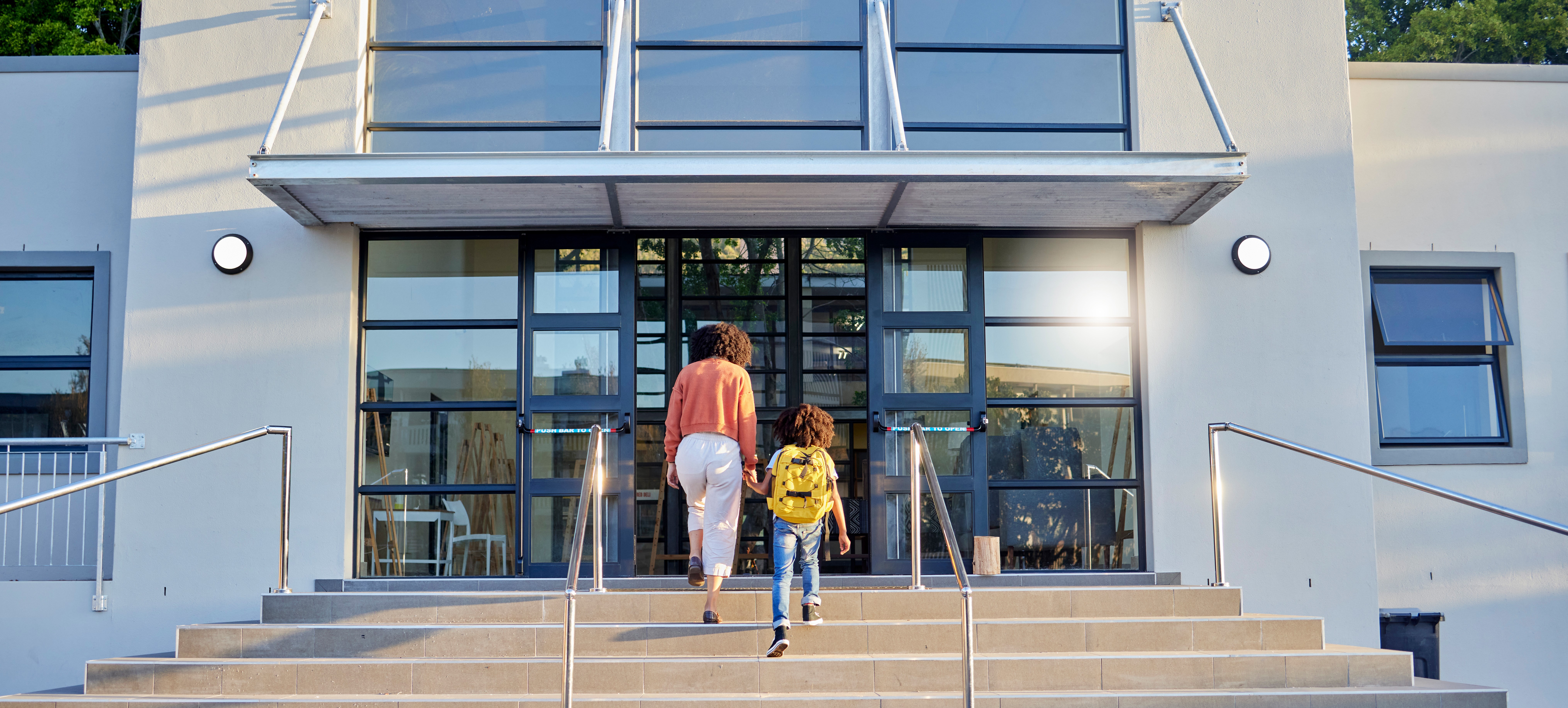Inside Texas Politics talks public education policy

Date Posted: 1/17/2025 | Author: Mark Wiggins
Former State Board of Education (SBOE) member and freshman state Rep. Aicha Davis (D–DeSoto) appeared this week on WFAA-TV's Inside Texas Politics to talk about her transition from the SBOE to the Texas House, public education policy, and what she hopes to accomplish as a newly minted member of the Texas Legislature. In the interview, Davis said she is excited to work on a broader range of issues in the Texas House, beginning with increasing teacher pay and giving new teachers the support they need to obtain certification.
“We definitely need to figure out how to support the teacher pipeline,” Davis said. “Hire more teachers, prepare more folks to be teachers, make folks excited about the teaching profession.”
Davis, who holds a master’s degree in education and is pursuing a doctoral degree, vowed she is ready to fight against private school vouchers that would draw funding away from local public schools in order to subsidize private school tuition.
Davis argued that opposition to vouchers will continue to increase as the consequences of school voucher programs, particularly in other states where voucher programs have sapped taxpayer dollars without delivering on the promise of providing choice to working families, become more widely known.
“We need to focus more on funding our public schools than we do sending money anywhere else,” Davis said. “If there is going to be a true choice, we’ve got to have strong public schools as a choice.”
Davis also pointed out that students with disabilities would not be entitled to support or acceptance by private schools, which can refuse to admit students with special needs or from differing socioeconomic backgrounds.
Davis is one of 31 freshman legislators in the Texas House as the 89th Legislature gets underway. With 150 representatives in the Texas House, roughly one in every five is serving their first term.
CONVERSATION
RECOMMENDED FOR YOU

02/27/2026
Teach the Vote’s Week in Review: Feb. 27, 2026
SBOE approves 4,200 edits and corrections to Bluebonnet Learning instructional materials. Plus: Election Day is Tuesday, March 3.

02/27/2026
SBOE special-called meeting highlights philosophical divides
The Texas State Board of Education met for a full day on February 25th in a special-called meeting.

02/24/2026
Get out and early vote this week for important statewide offices
It’s time to Teach the Vote in the races for Texas governor, lieutenant governor, attorney general, and comptroller.


As a school board trustee for a local district, I’m very excited that Aicha is representing what’s best for STUDENTS in Texas by supporting strong public schools!
There needs to be discussion on how the vouchers would be distributed. Would schools only get them if the student attended at least one semester? Would parents get it directly? What happens if they find they can''t afford tuition, transportation, uniforms, activity fees, or their child ends up being asked to leave? What happens when their child/children are now back in public school? Details matter!
Rep. Davis makes a number of good points. Further, most, private schools do not provide transportation, nor do most charter schools. Thus, even if a parent should choose to send their child to a private school, they may not have the means to get them there. Charter schools have much less state oversight and all private and charter schools have curriculum that doesn''t necessarily align with those of TEA or even best practices. One other thing, the amount provided to parents for private schools most likely wouldn''t pay full tuition, so where do lower income families; even middle class families, come up with that?